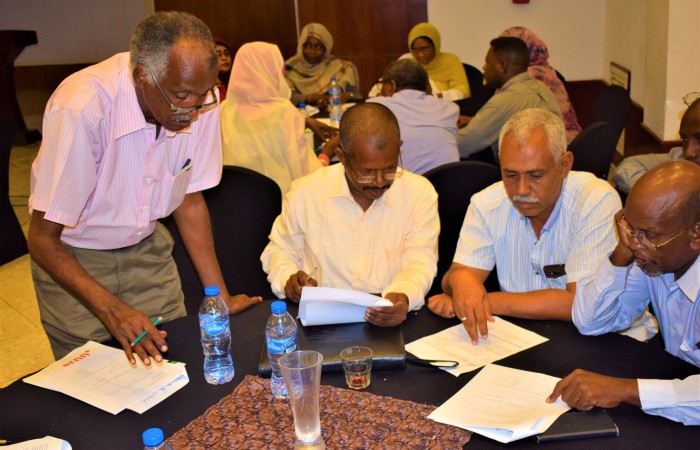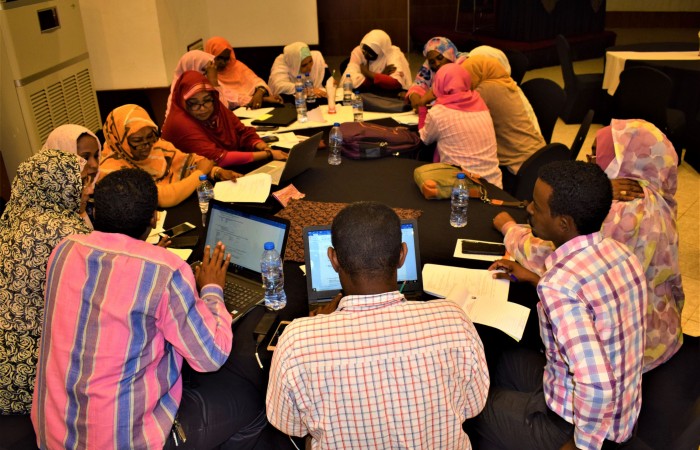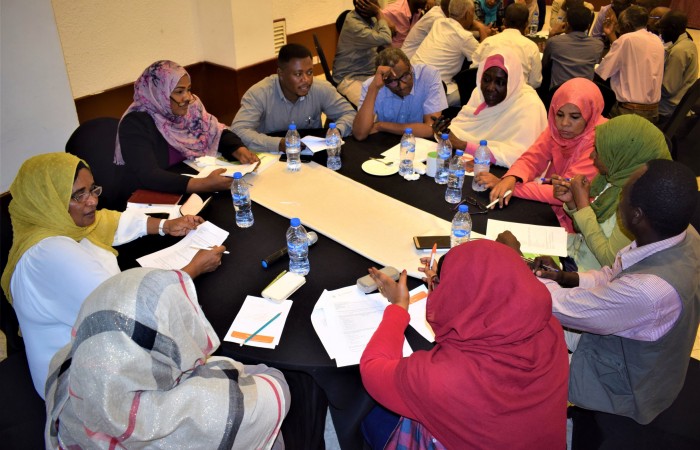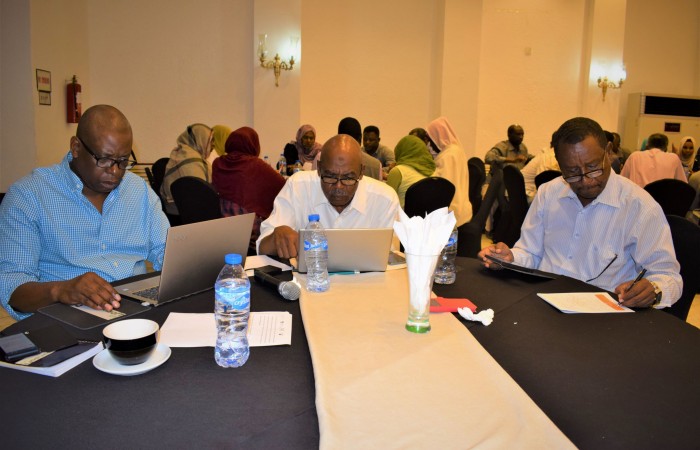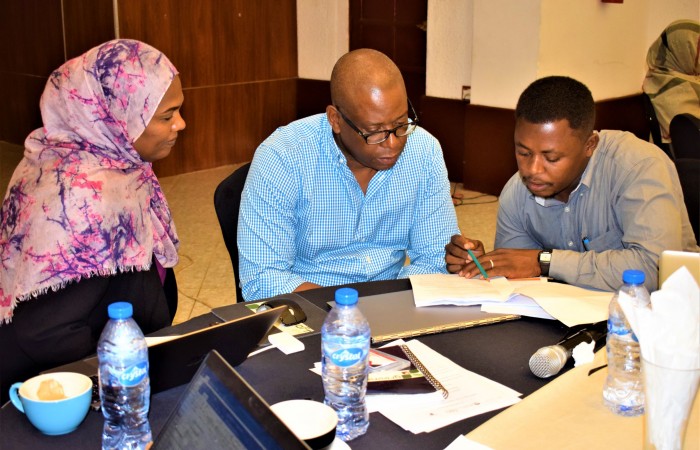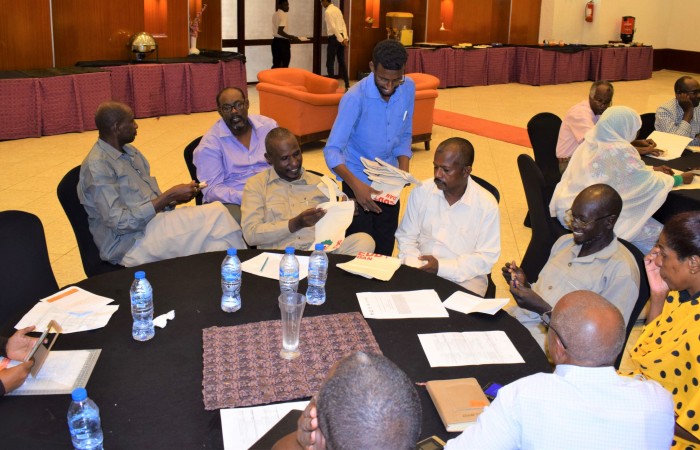To facilitate the formulation of the National Forest Monitoring System (NFMS) Action Plan in Sudan, a two-day consultation workshop was organized in Khartoum, Sudan on 6 - 7 October 2019 at the Grand Holiday Villa Hotel. Attended by the implementing partners as well as other project stakeholders such as the Ministry of Agriculture and Natural Resources, the Ministry of Environment, the Ministry of Livestock, the Ministry of Wildlife, as well as academia and the private sector, the event offered 60 participants a platform to exchange information and experiences related to national forest inventory (NFI) implementation, the use of forest data for national plans and strategies, and program sustainability and institutionalization. The workshop was the beginning of an important process as REDD+ and forestry monitoring experts from Khartoum and various Sudanese States came together to identify the critical institutional capacity needs to ensure the country is able to meet its requirements for evidence-based policy formulation and international reporting obligations.
In his opening remarks, FAO Representative to Sudan Mr Babagana Ahmadu, highlighted the importance of the event and its topic to Sudan’s climate commitments: “Understanding that climate change is one of the defining challenges and risks of our generation and global efforts to address these challenges require a multi-pronged approach – one of our focus is to strengthen institutional capacity,” stated Mr Ahmadu. “Having adequate national forest monitoring system capacity, and well-resourced institutions, and technically competent staff will enable Sudan achieve its REDD+ goals contributing to the overall economic development across all sectors.”
This workshop is very important for Sudan to develop the national forest monitoring system. Participants representing all the states in Sudan, who participated in the NFI activities as well as NGOs and academia have contributed to the national priorities and provided insight into the capacity needs assessment,” said Sayeda Adam, REDD+ coordinator at FNC. “The knowledge gained from this workshop will support decision makers on land and forest sector focused decisions as well as increase the capacity of staff of the National Forestry Corporation.”
Nelson Gapare, FAO consultant supporting the institutional capacity needs and gap assessment for NFMS and MRV reflected on the next steps: “Following this national workshop, the government of Sudan will start formulating its NFMS Action Plan outlining how it will address any identified institutional capacity needs and gaps. The development of an action plan is an important step towards strategizing about how to finance the short, medium and long-term requirements to meet national and international climate change reporting requirements – for instance – obligations under the UNFCCC and Paris Agreement. The gradual development of the NFMS and relevant MRV functions will be fundamentally important as Sudan embarks on new economic policies across all sectors including agriculture and forestry”.
Looking at Sudan’s forests from above
Separate parallel training sessions on remote sensing were held during the workshops, allowing the participants from Forests National Corporation, the Remote Sensing & Seismology Authority and research institutions to have better access to precise and timely data and support Sudan in combating deforestation to help meet national and international climate targets. Remote sensing technologies, which includes sensors, processing software and analysis, has been extensively studied and applied in Sudan in various sectors including Agriculture, Forestry, and Other Land Use (AFOLU). Studies that employed remote sensing have improved understanding of the state of Sudan’s forests. At the strategic level of forest planning, or in general planning for forest resource allocation over a wide area, remote sensing can play an important role in estimating and monitoring forest cover.
 English
English العربية
العربية 




